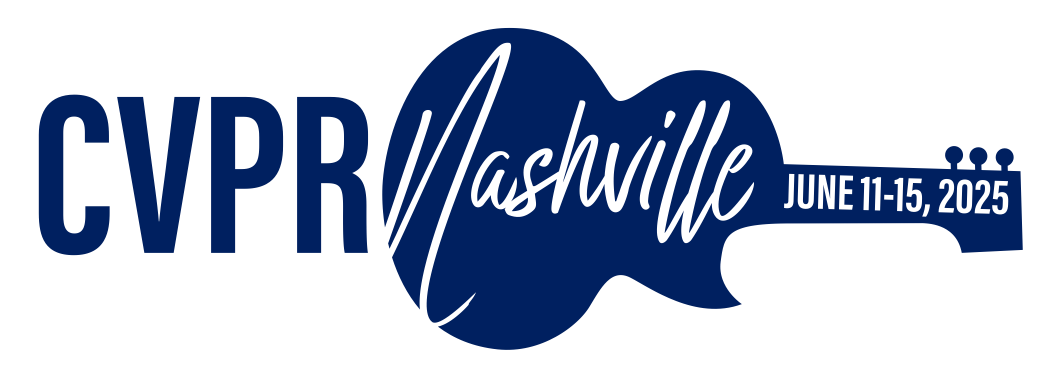-
[pdf]
[supp]
[arXiv]
[bibtex]@InProceedings{Qin_2025_CVPR, author = {Qin, Haina and Luo, Wenyang and Wang, Libin and Zheng, Dandan and Chen, Jingdong and Yang, Ming and Li, Bing and Hu, Weiming}, title = {Reversing Flow for Image Restoration}, booktitle = {Proceedings of the IEEE/CVF Conference on Computer Vision and Pattern Recognition (CVPR)}, month = {June}, year = {2025}, pages = {7545-7558} }
Reversing Flow for Image Restoration
Abstract
Image restoration aims to recover high-quality (HQ) images from degraded low-quality (LQ) ones by reversing the effects of degradation. Existing generative models for image restoration, including diffusion and score-based models, often treat the degradation process as a stochastic transformation, which introduces inefficiency and complexity. In this work, we propose ResFlow, a novel image restoration framework that models the degradation process as a deterministic path using continuous normalizing flows. ResFlow augments the degradation process with an auxiliary process that disambiguates the uncertainty in HQ prediction to enable reversible modeling of the degradation process. ResFlow adopts entropy-preserving flow paths and learns the augmented degradation flow by matching the velocity field. ResFlow significantly improves the performance and speed of image restoration, completing the task in fewer than four sampling steps. Extensive experiments demonstrate that ResFlow achieves state-of-the-art results across various image restoration benchmarks, offering a practical and efficient solution for real-world applications.
Related Material





